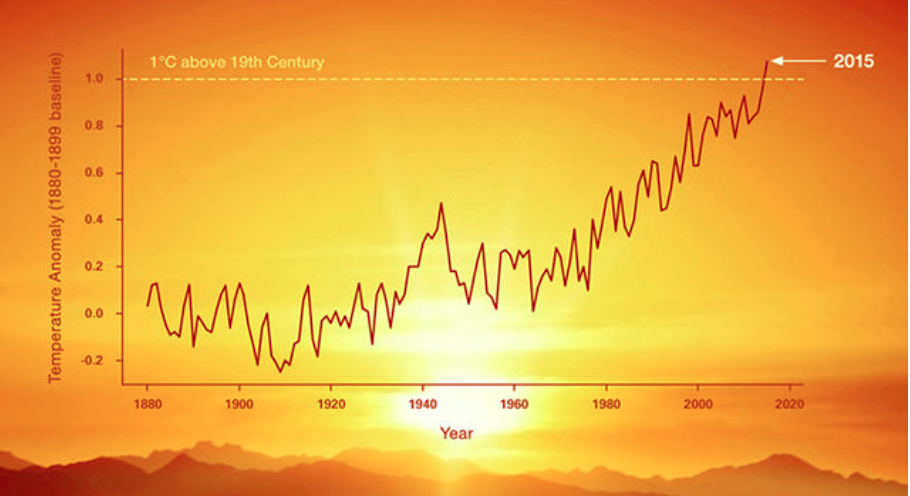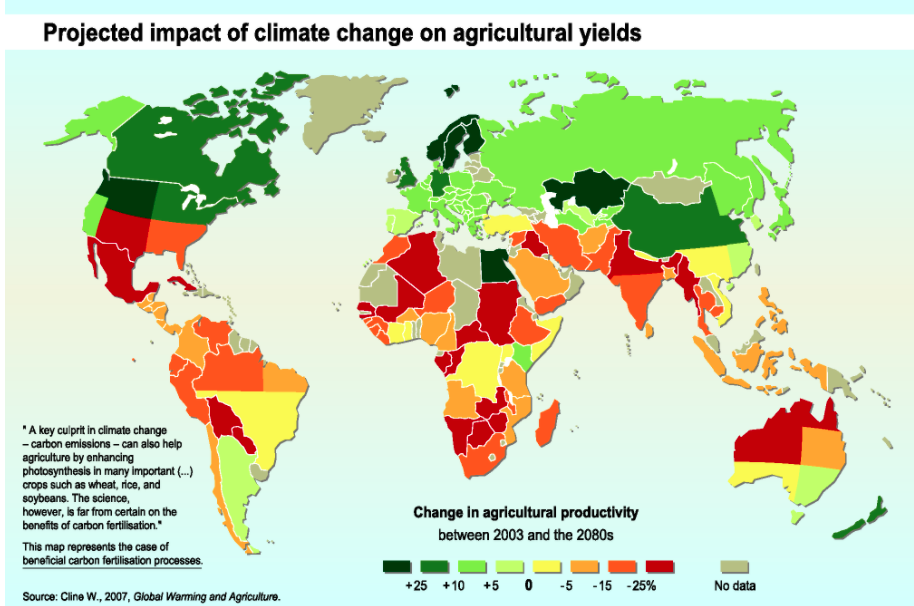Question Your World: Are Our Winters Getting Warmer?
As millions of Americans finally warm up after last week’s polar vortex event, air temperature is on a lot of people’s minds, especially climate scientists. The chilly polar air made some headlines for sure, but the infrequency of cold snaps has scientists asking a pretty big question, are our winters getting warmer?
Many places in the country experienced some brutal and abnormally cold temperatures, but that’s exactly what happens when the cold polar air spills down into our neck of the woods occasionally. This “polar vortex” phenomenon was named as early as 1853 – and 166 years later, its name still scares us into hibernation even if it is a natural occurrence. But what’s got scientists concerned isn’t the extreme low temperatures from the polar vortex, it's the warmer winters caused by the changing climate, which scientists attribute primarily to the increasing amount of emissions of heat trapping gases from burning fossil fuels for human use.
For instance, since 1970 the Richmond region has seen a 20-day reduction in the days that our lowest temperatures go below freezing. At the same time, the coldest low temperature of the year has also gotten over 5 degrees warmer. This similar trend is happening all over North America too. Just in the 2010’s there were twice as many record high as record low temperatures. It just doesn’t get as cold as it used to anymore.

It’s kind of nice to not have to worry about burst pipes, frostbite, or bundling up in layers just to get the mail, but these warming temperatures raise some concern as well. Some of these impacts are long lasting and could lead to higher costs for our basic needs.
Farmers know that these warming winters leave crops open to damage from late season frost, which could greatly reduce their crop yields. As the population grows, we’ll need more and more food to keep up with our nourishment needs. Ensuring safe and well maintained crops is an extremely important part of our lives.

We end up paying more for allergy relief, seasonal planning, and our comforts at home too. Warmer times allow for more allergy related issues to exist. Warmer winters mean earlier and longer allergy seasons. Comfort in our homes will be impacted as well. We already mentioned crop yields, but what about the temperature in your home? Warmer winters means more time to use air conditioning. Energy experts that study cooling and heating degree days know that the rising cost of cooling a home far outpaces the reduced cost of heating a home – this ultimately means we’ll be spending more as temperatures continue to rise.
Scientists are urging nations to explore greener energy options and are also encouraging citizens to get involved by having conversations with local elected officials and regional planners to keep cool planning in mind for the hot topic of our warming winters.